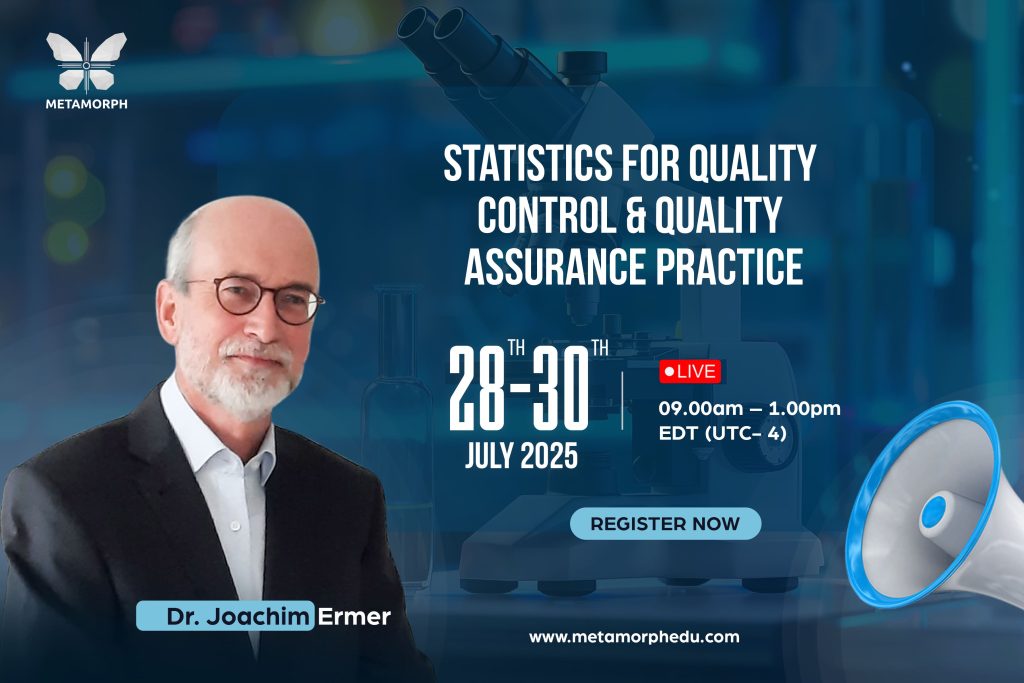
Statistics for Quality Control & Quality Assurance Practice
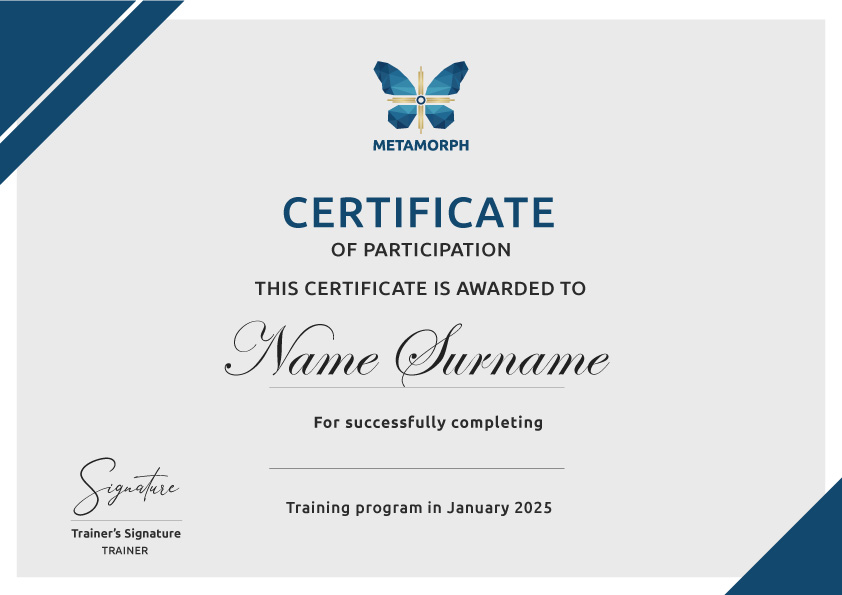
This course includes:
-
Collaborative environment that
encourages interaction - Case studies and Q&A sessions
- Training materials
-
Tools and techniques to apply
immediately in your role - Recording access
- Certificate of completion
Course outline
This three-day live online masterclass is designed to equip professionals in the pharmaceutical and biotech industries with the statistical tools essential for analytical procedure lifecycle management. Anchored in the latest ICH Q2(R2), Q14, and USP <1220> guidelines, this training ensures compliance through scientific rigor and data integrity. Participants will gain hands-on experience using Excel™ simulations to apply key statistical concepts to real-world scenarios—supporting analytical development, validation, and ongoing monitoring.
What You’ll Gain
- Practical understanding of statistical concepts for QC/QA applications.
- Proficiency in evaluating method performance, precision, and accuracy.
- Skills to optimize method validation and verification strategies.
- Confidence in identifying and handling outliers and suspect results.
- Ability to apply statistical simulations and control charts for routine monitoring.
Why This Masterclass?
- Stay compliant with evolving ICH and USP guidelines.
- Master the application of statistics throughout the analytical lifecycle.
- Learn directly from one of the most respected experts in pharmaceutical analytics.
Who Should Attend
- Quality Control (QC)
- Quality Assurance (QA)
- Analytical Development
- Regulatory Affairs
- Manufacturing Support
- Process Validation
Agenda Highlights
Day 1
- Role of statistics across the analytical lifecycle (ICH Q2/Q14, USP )
- Understanding data distributions and outlier identification
- Statistical optimization of method precision
Day 2
- Accuracy and calibration: linear vs. non-linear regression
- Precision acceptance criteria and variability analysis
- Workshops: Comparison of data, equivalence, and significance tests
Day 3
- Establishing detection and quantitation limits
- Routine performance monitoring: Control charts and OOS handling
- Analytical transfer and regulatory expectations
About Trainer

Following study of biochemistry and PhD thesis in enzyme kinetics, Dr. Ermer started
his career in pharmaceutical analytics and industrial Quality Control in 1991. He held
various positions, including head of laboratory within the analytical drug development at Hoechst AG, Frankfurt, Germany, and from 2001 to 2005 a global function as Director of Analytical Processes and Technology. This included consultation, harmonisation, trouble-shooting and training of all industrial sites of Aventis with respect to Quality Control topics. From 2005 to 2010, he served as head of Quality Control Frankfurt Chemistry, Sanofi, Germany. Between 2010 and 2018, Dr. Ermer was head of QC Services which included a reference standard group with the mission to provide company-wide management and distribution of analytical reference standards. From 2018 to 2020, he held the responsibility as head of QC Lifecycle Management Frankfurt Chemistry, and evaluated compendial and regulatory changes, supported and coordinated analytical transfers, validation and implementation projects, in particular the establishment of a quality system and routine monitoring programme for continuous performance verification of all API-methods.
Dr. Ermer is member of the USP Expert Committee “Measurement and Data
Quality“, the Ph.Eur. Working Group “Chromatographic Separation Techniques”, and
Advisory Board member of the ECA Analytical Quality Control Group. He authored
more than 60 publications on analytical topics and is editor and author of the two
editions of the book “Method Validation in Pharmaceutical Analysis. A Guide to Best
Practice” (Wiley-VCH, 2005 and 2015).
Request Agenda
Companies Represented By Our Participants
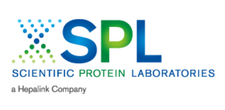



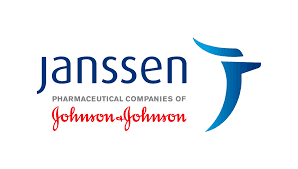


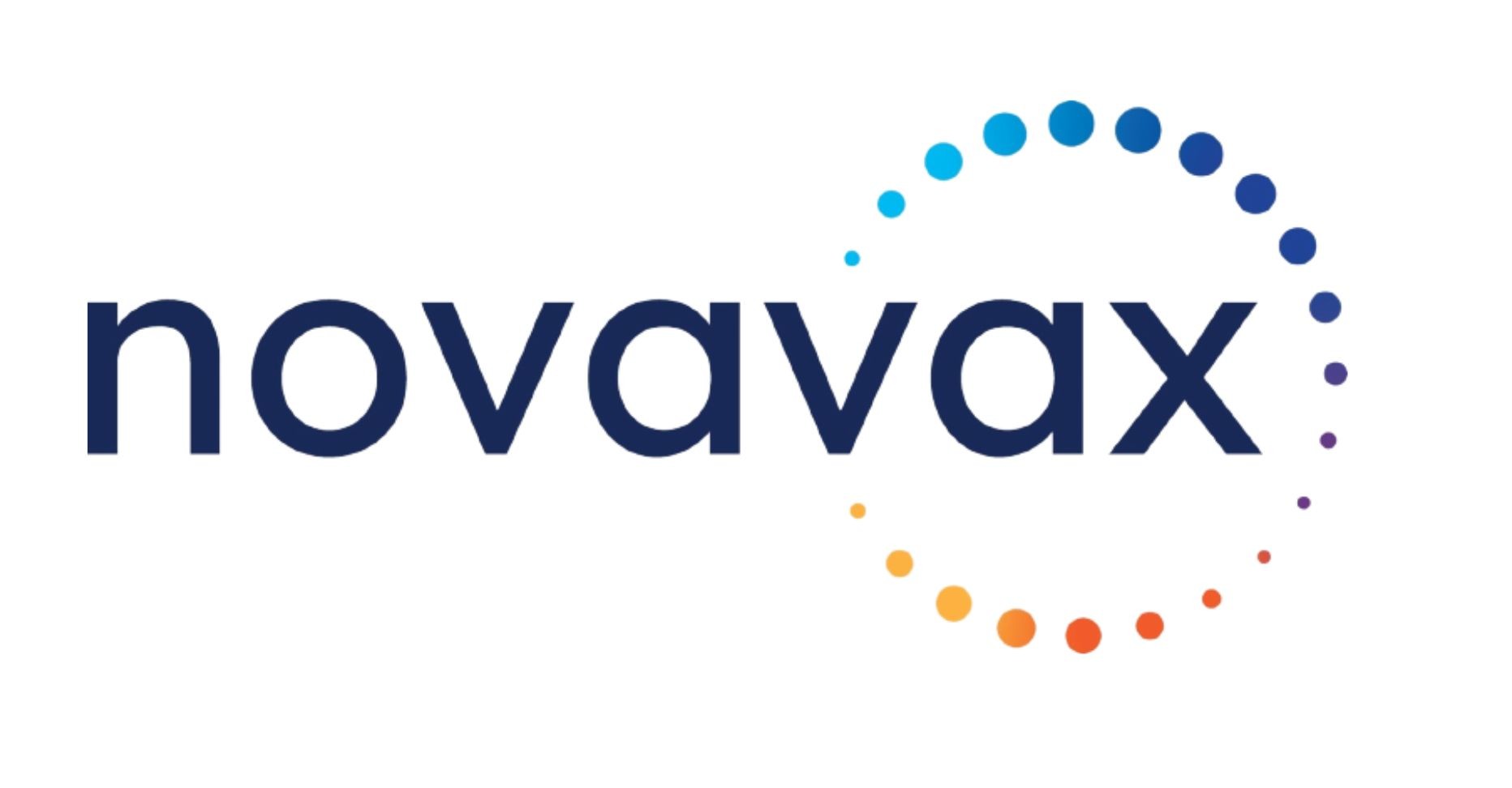
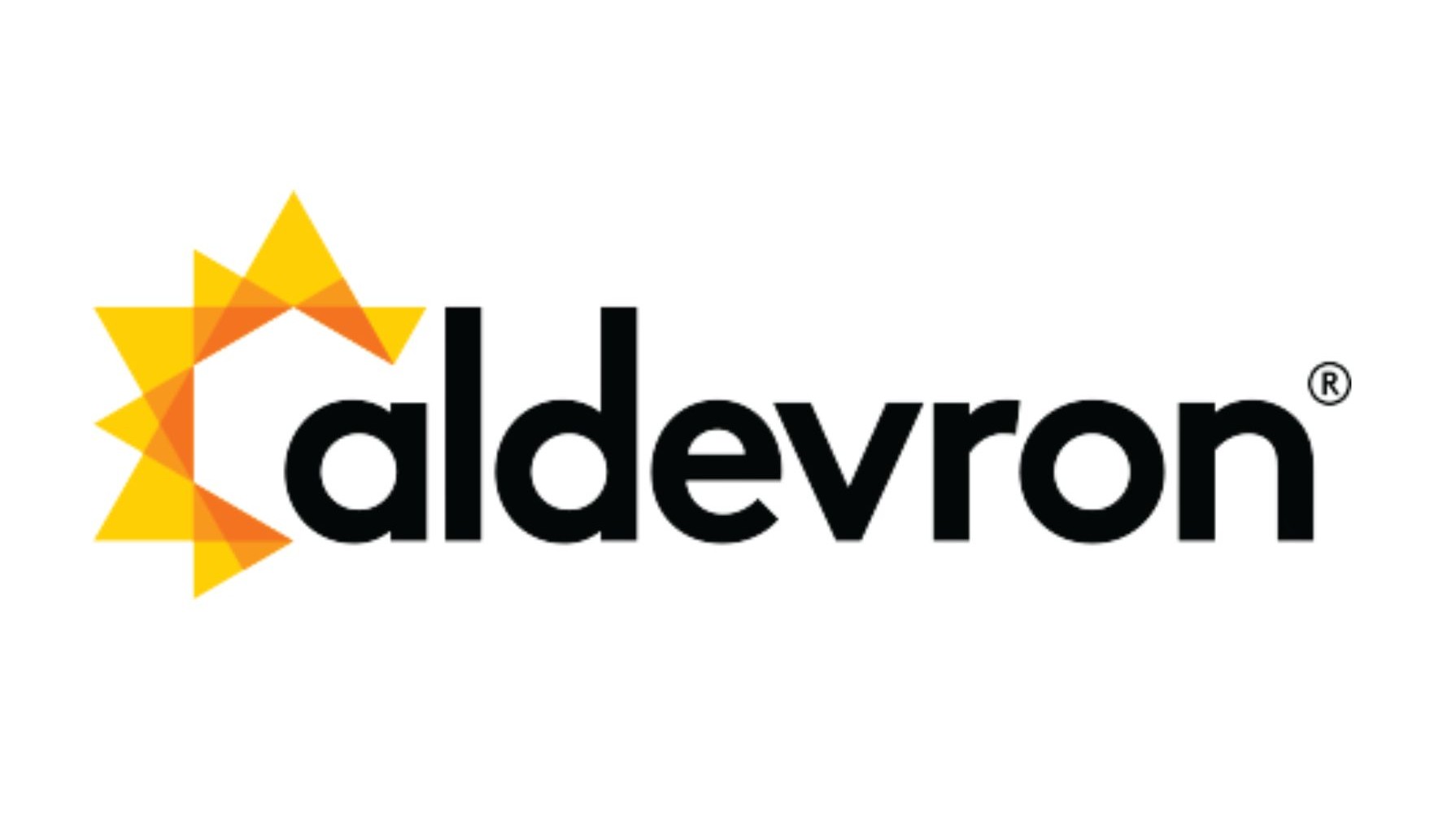
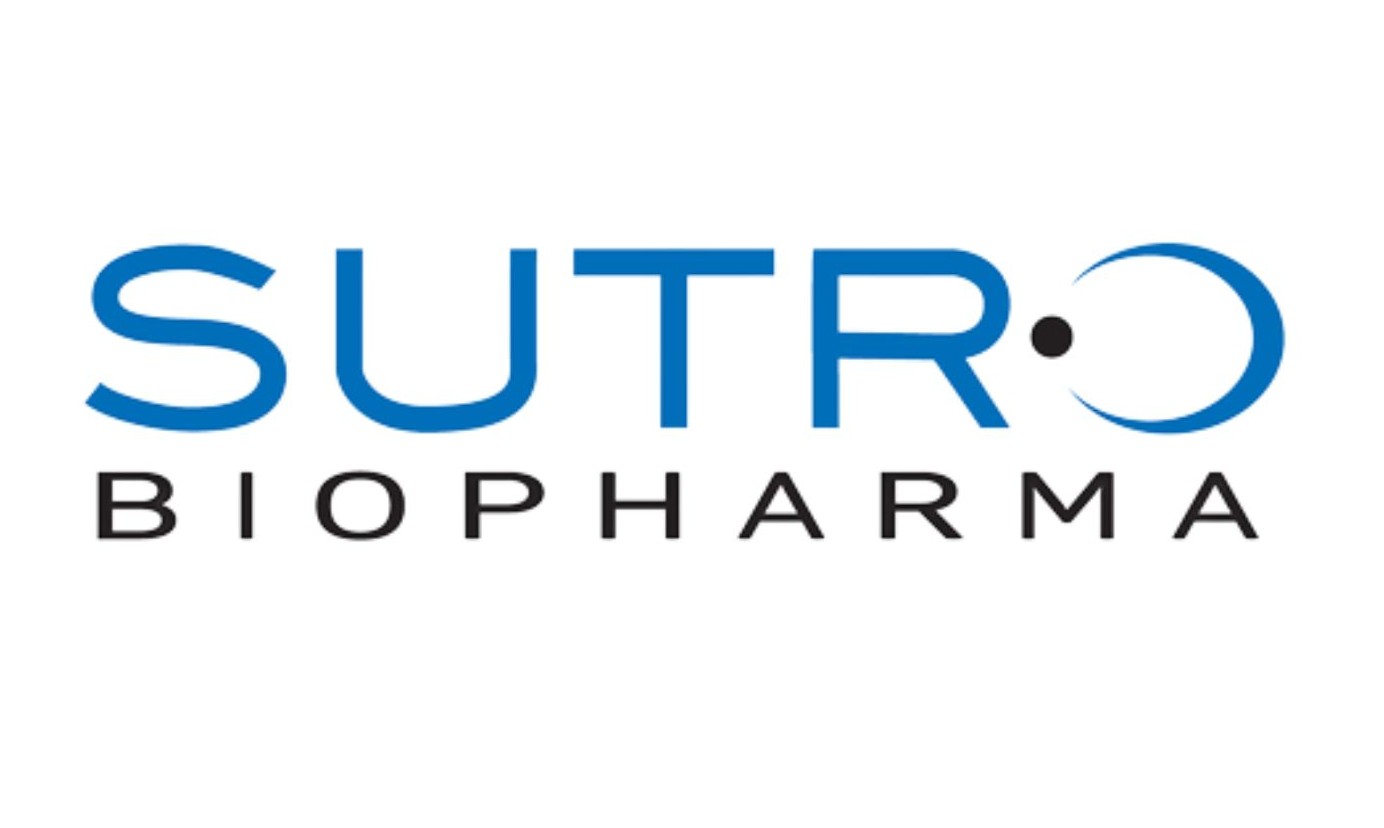


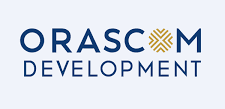

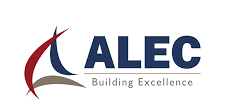

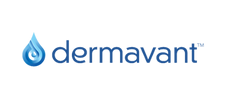
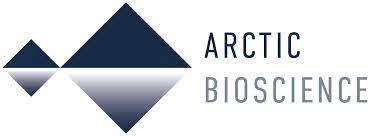






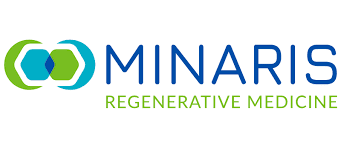




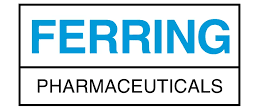



Proud Stories











What you'll get?
-
Collaborative environment that
encourages interaction - Case studies and Q&A sessions
- Training materials
-
Tools and techniques to apply
immediately in your role - Recording access
- Certificate of completion



